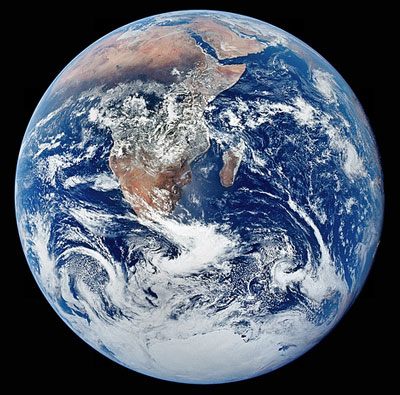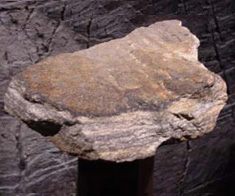The Age of the Earth
What is the age of Earth?

The exact age of Earth is unknown and is difficult to determine directly from earth rocks because Earth's oldest rocks have been recycled and destroyed by the process of plate tectonics. Nevertheless, scientists have been able to determine the probable age of the Solar System and have been able to calculate an age for the Earth by assuming that the Earth and the rest of the solid bodies in the Solar System formed at the same time.
The ages of Earth and Moon rocks and of meteorites are measured by the decay of long-lived radioactive isotopes of elements that occur naturally in rocks and minerals and that decay. These dating techniques are known as radiometric dating.
Scientists have settled on the age of the Earth of about 4.6 billion years.
The oldest rock found

The oldest rocks on Earth were found in Western Greenland, which were dated using radiometric methods at 3.7-3.8 billion years old.
Rocks dated at 3.4-3.6 billion years in age have been found in Southern Africa, Western Australia, and the Great Lakes region of North America. These oldest rocks are metamorphic rocks but they originated as lava flows and sedimentary rocks.
The oldest dated minerals (4.0-4.2 billion years) are tiny zircon crystals found in sedimentary rocks in Western Australia.